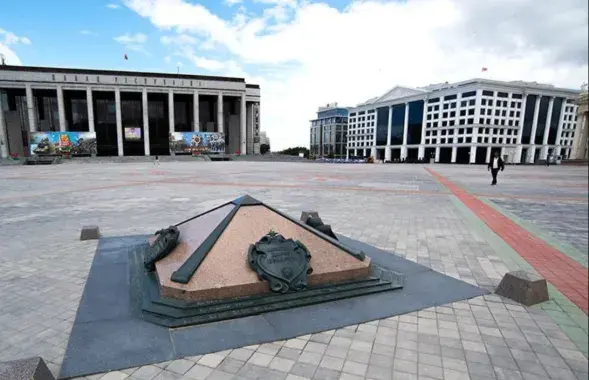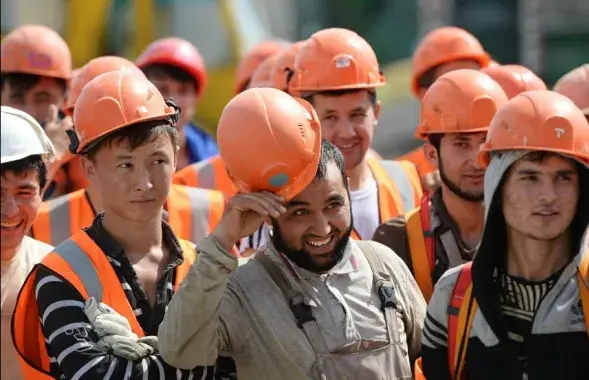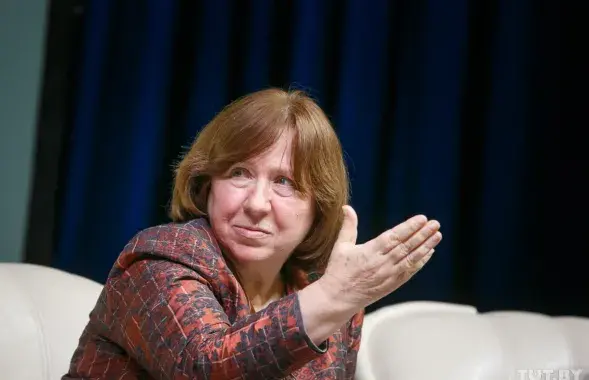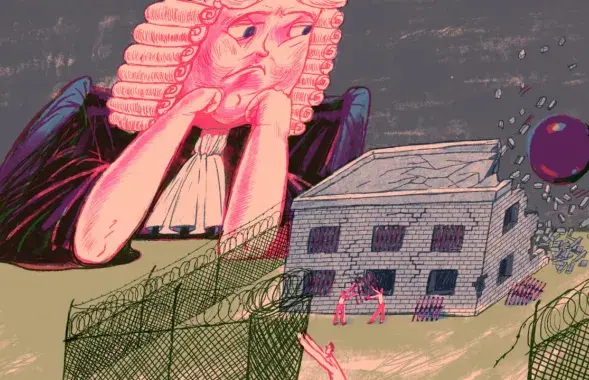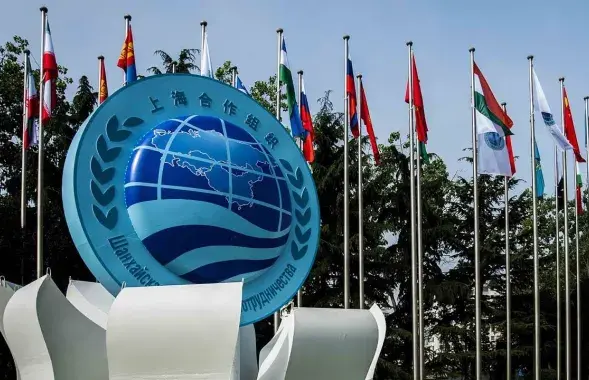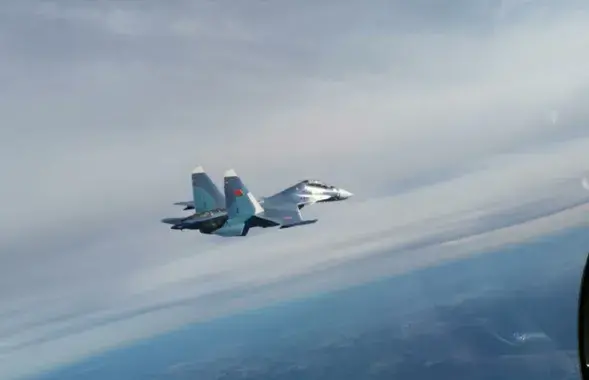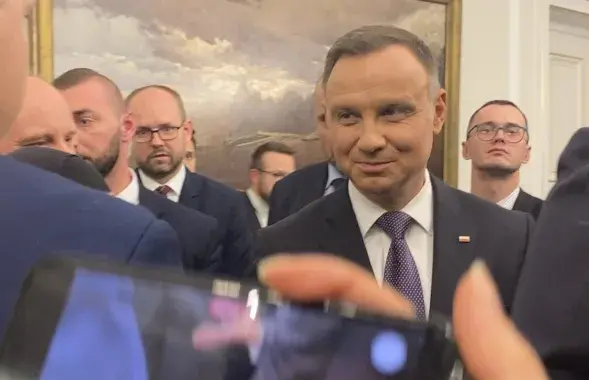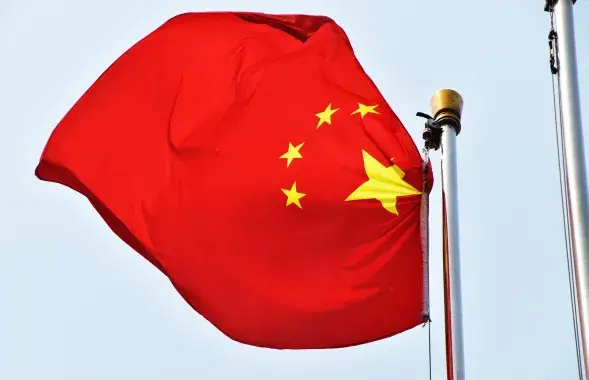Lukashenka-Putin meet. Moscow weighs down on its Belarusian partner
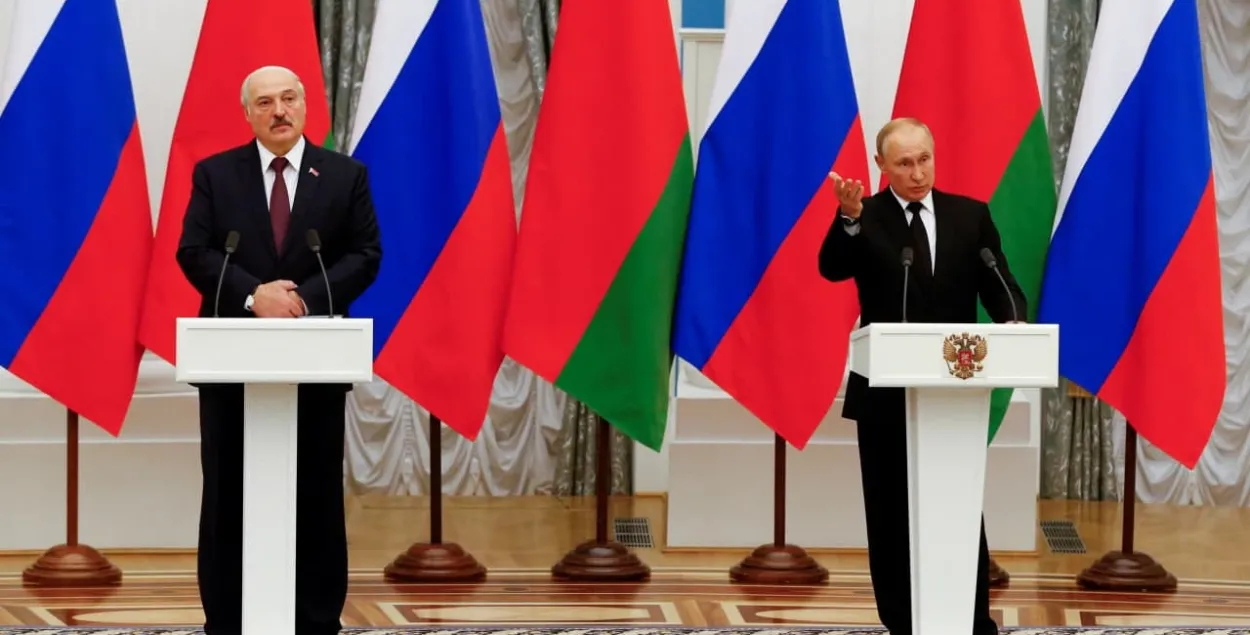
Lukashenka — Putin meeting in Moscow / Reuters
At a joint press conference yesterday, Lukashenka and Putin announced that they approved all the Belarus-Russia integration roadmaps - specifically, payments system integration, indirect taxes levying, and counter-terrorism efforts. There are plans to sign off and create single markets for gas, oil, oil products, and electricity.
What are the takeways of the meet? Euroradio has asked several pundits to share their take on this.

Klaskouski: "Slowly but steadily, Moscow makes way towards the creation of the supranational bodies."
Political commentator Aliaksandr Klaskouski says that approval of all the roadmaps is not a sign that their implementation will go smoothly.
"It is a PR win [for Putin], a return-match of sorts, for a failed attempt at signing the roadmaps in December 2019".
There is a promise of "gaining financial and economic benefits for Belarusian authorities. The Kremlin, most certainly, will measure out its support rigorously, though."
The expert is confident that "Moscow now weighs down on its Belarusian partner". Last year's mass protests are the reason that "the intra-Belarusian crisis keeps on smoldering, economic disbalances are getting direr, and relationship with the Western countries has gone downhill. All these things are making the Belarusian regime more dependent on the Kremlin."
At the press conference, Putin stated that they are now looking into developing a "joint parliament" somewhere in the future. "Gently but steadily, Moscow makes way towards the creation of the supranational bodies. At that, Lukashenka earlier claimed that they agreed to write the 31st roadmap off together with Putin. The same map that called for the single currency and supranational bodies," Aliaksandr Klaskouski reckons.

Ilyash: "Last years' events show that Putin does not intend to conquer Belarus at any cost."
Journalist Ihar Ilyash argues that it was the Putin way of solving Belarusian problems that won yesterday: "Gas prices are still the same, and instead of billions in compensations, they only talk of a $630-640 million loan. And Minsk, allegedly, wants a $3 billion loan."
Regarding the approval of the integration programs, the journalist considers it an unpleasant event, but not a total knockdown, even though "all further Lukashenka's pushback will come from a position far more untenable."
Notably, Ilyash is confident about the fate of Belarus being sealed in Belarus, not in Russia. "Integration projects are doable only if society shows absolute obedience. Without it, the integration agreements will be worth less than the paper they were printed on."
The journalist summarizes: "What Putin will do next depends on the situation inside Belarus. In that case, the big terror of 2020 - 2021 caused more damage to the Belarusian sovereignty than any piece of paper that Lukashenka might've signed during negotiations with Putin."

Tyshkevich: "Belarusian authorities were hoping to sell thin air, as usual, but this time they had to accept certain obligations."
Ihar Tyshkevich, an analyst with the Ukrainian Institute for the Future, reckons that Russia got what it wanted, but only to a degree.
"Belarusian authorities were hoping to sell thin air, as usual, but this time they had to accept certain obligations. Granted, the long-time ones. But time is a key resource for Lukashenka, and he hopes to stall once more. Putin does not believe him".
The analyst claims that Russia will keep pushing, aiming to seize control of Belarus's key enterprises and industries. "Military-industrial complex, petrochemical industry, logistics, information technologies, and media market, meaning databases, as well as IT economy, are crucial to Russia. Car, potassium, and transportation industries are also big assets. That's what Russia is going to start to pursue this year," argues Tyshkevich.
Even though nothing was directly mentioned at the press conference, the analyst believes that Russia will try and make Lukashenka change "the political system in Belarus by strengthening the parliament and creating a possibility for a legislative majority, a coalition. It is a big deal for Russia – also the parliament forming the government. This quota system eliminates any unexpected transformations and turns."
The expert says that Russia will create a modest-sized pro-Russian party or multiple parties to form a majority coalition. They will gain the majority by allying themselves with one side or another. Tyshkevich doesn't think Russia will try it with a big party to avoid triggering a viciously negative response from Belarusians.

Kuzniacou: “What happened yesterday is a tactical victory for Lukashenka.”
Commentator Piotr Kuzniacou reckons that nothing disastrous has happened. On top of that, the fact that the agreements became public does not mean that Moscow will force the integration on Minsk:
"Putin wants a breakthrough with Belarus. But considering an unstable local government that could go off like a lousy firework at any minute and the enormous public unpopularity of the Belarusian leader, he would prefer to sign off the essential documents with someone who is somewhat more legitimate than him. It explains why the matter of constitutional reform was pursued more keenly by Russia in the last year than an integration per se.
In return, it would be helpful for Lukashenka to go back to talking about the future of an alliance. Some might say it’s even necessary. First off, to show the enforcers and the functionaries his political subjectivity. It’s not about quitting – it’s about a long-term relationship. It means there’s no talk about a “crippled duck.” Secondly, to go back to the usual mode of the “economically advantageous talks” when Russia has to be supportive if only not to contradict its public attitude. Thirdly, to make Putin put the matter of the transit on the back burner. What kind of reform are you talking about? A transit? We only agreed on an integration.”
As Kuzniacou argues, yesterday was a tactical victory for Lukashenka, which gives him time, possibilities, and room for maneuvering.

